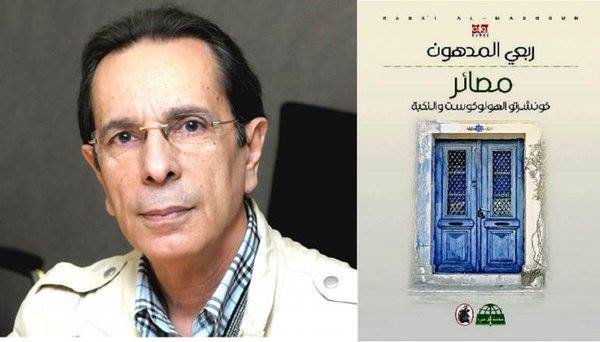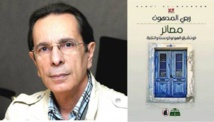Madhoun's novel is described as being divided into four parts "simulating concerto moves".
It features four narrations that are said to "meet at the end and address issues related to the Nakba, the Holocaust and the right of return" for Palestinians.
Madhoun was born in British-mandate Palestine in 1945 and fled with his family to Gaza. He later became a British citizen.
The novel has "stories from five Palestinian cities," Madhoun said after winning the award, which is supported by the Man Booker Prize, referring to cities now in Israel.
"It took me to my hometown, al-Majdal in Ashkelon. I roamed Haifa. I shouted from Mount Kermel: Oh, how did we lose this country!," he said.
Madhoun's previous novel "The Lady from Tel Aviv", about a returning Palestinian exile's chance encounter with an Israeli actress on his flight home, was shortlisted for the same prize in 2010.
---------------------------------------------------------------------------------------------------------------
It features four narrations that are said to "meet at the end and address issues related to the Nakba, the Holocaust and the right of return" for Palestinians.
Madhoun was born in British-mandate Palestine in 1945 and fled with his family to Gaza. He later became a British citizen.
The novel has "stories from five Palestinian cities," Madhoun said after winning the award, which is supported by the Man Booker Prize, referring to cities now in Israel.
"It took me to my hometown, al-Majdal in Ashkelon. I roamed Haifa. I shouted from Mount Kermel: Oh, how did we lose this country!," he said.
Madhoun's previous novel "The Lady from Tel Aviv", about a returning Palestinian exile's chance encounter with an Israeli actress on his flight home, was shortlisted for the same prize in 2010.
---------------------------------------------------------------------------------------------------------------









 Home
Home Politics
Politics











